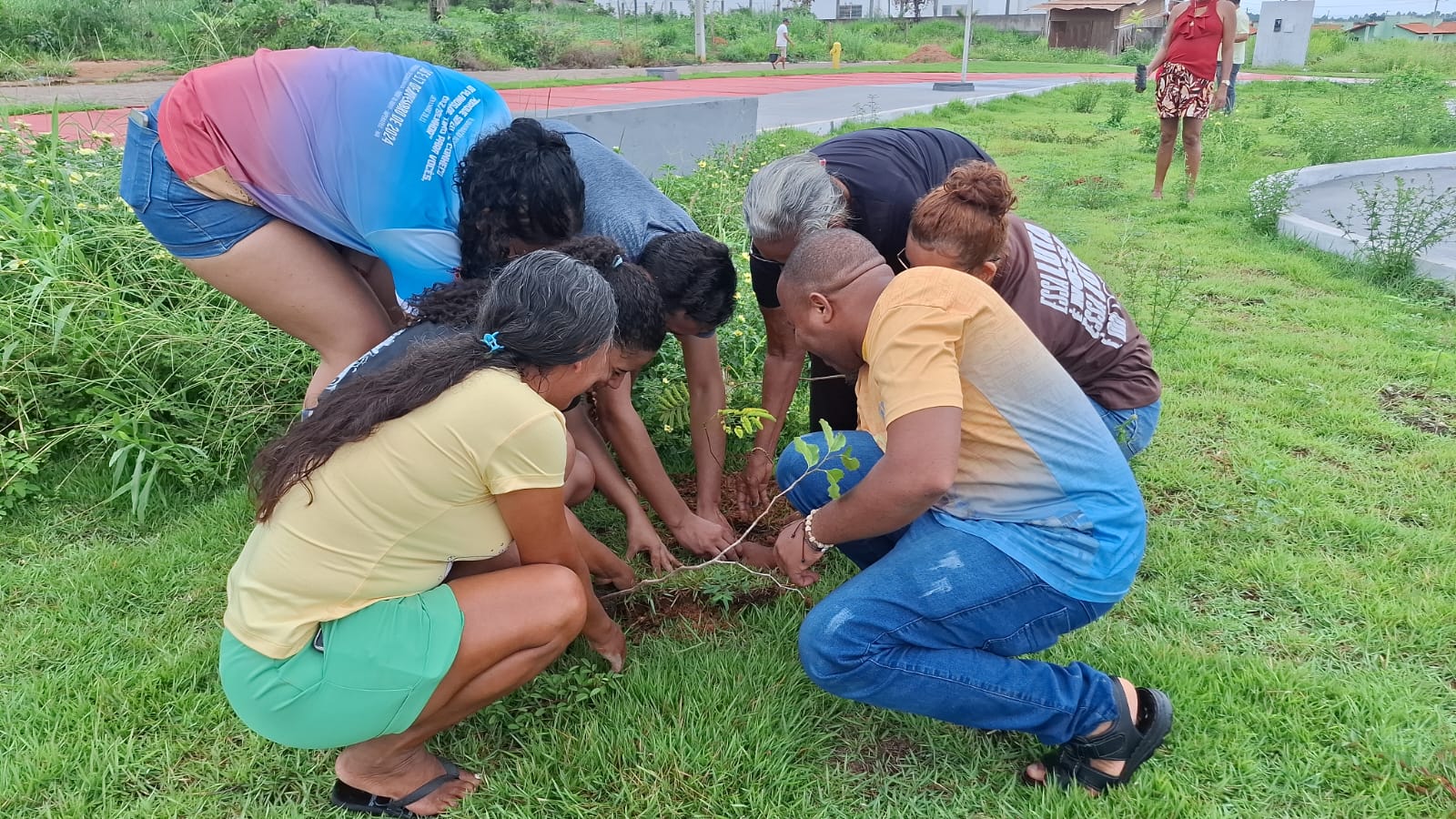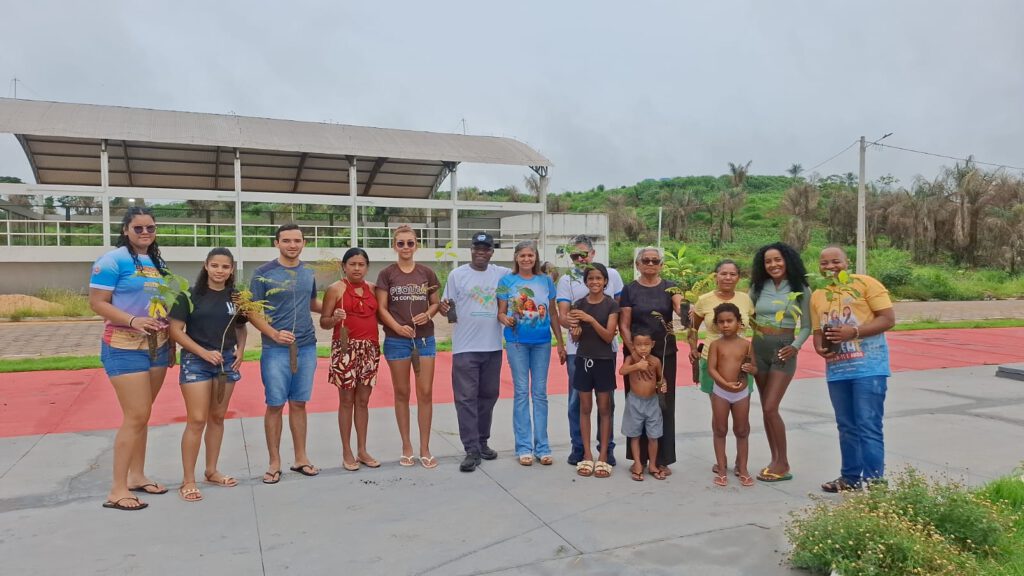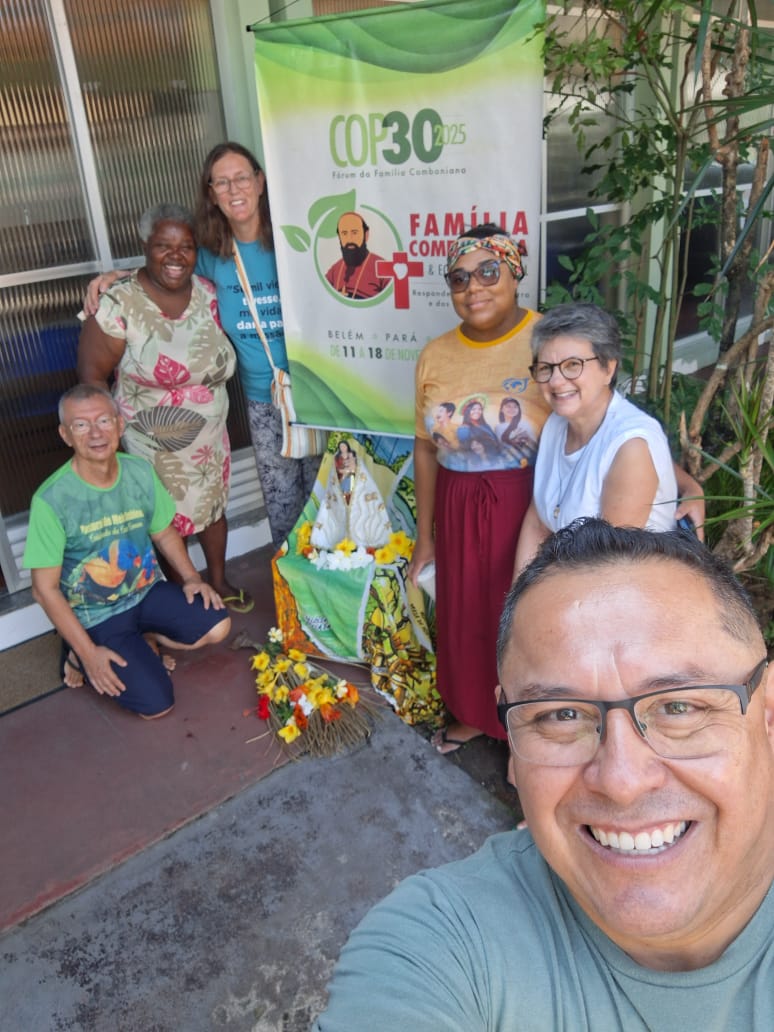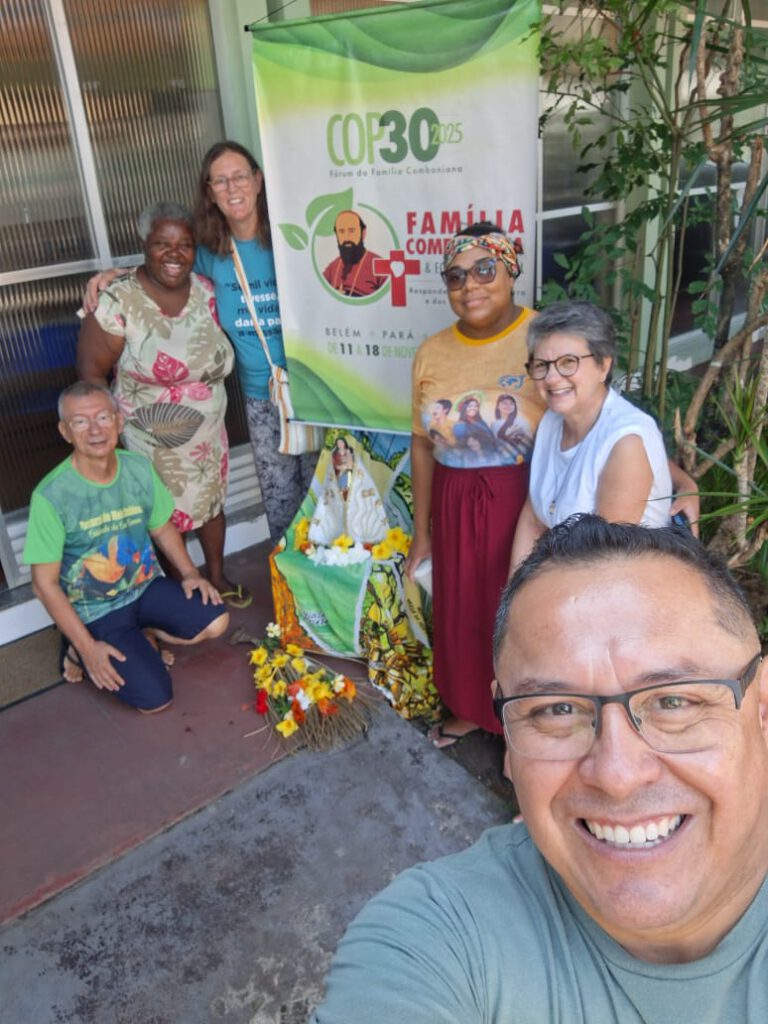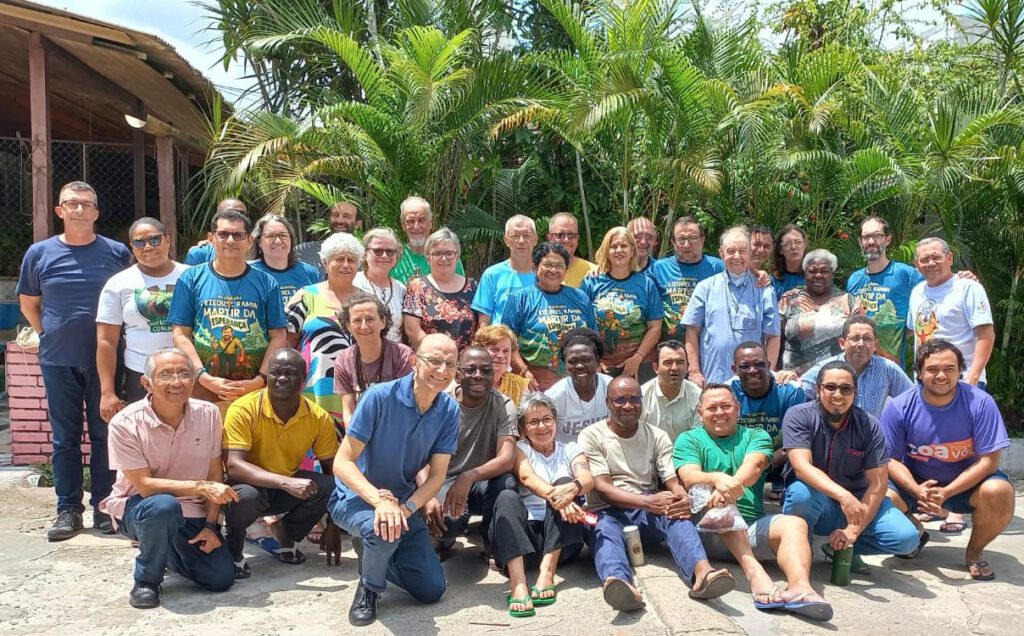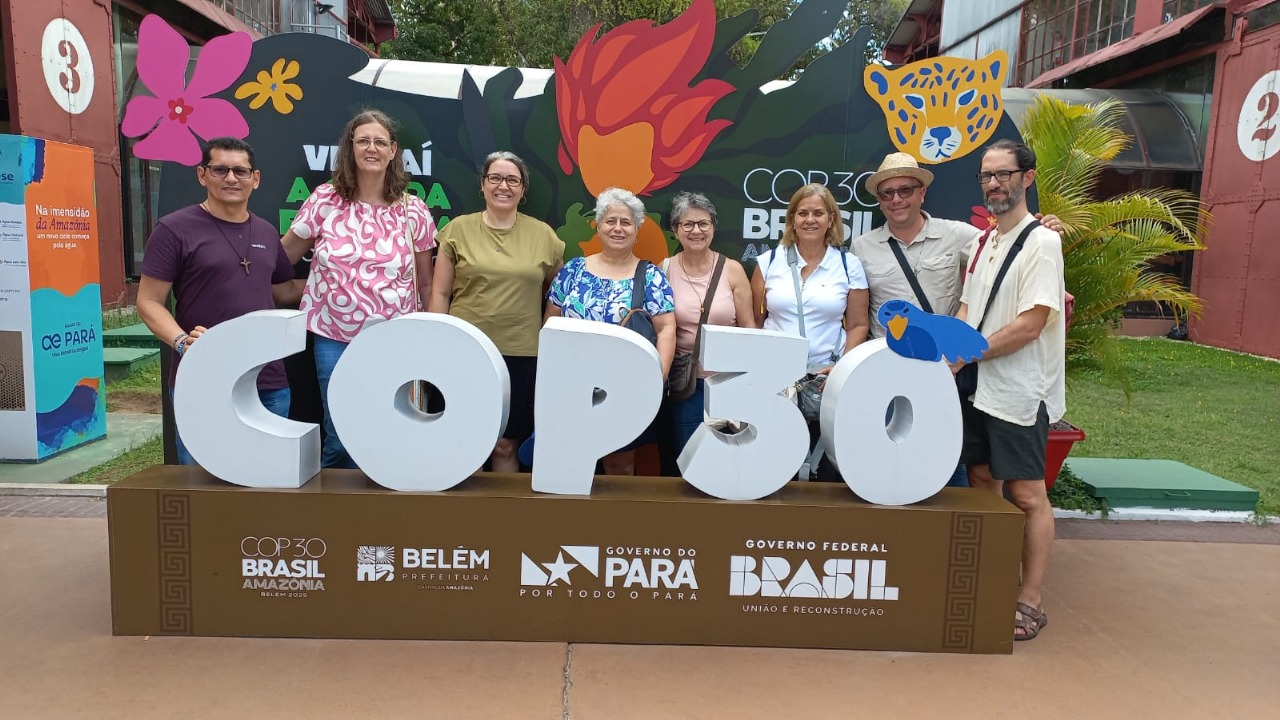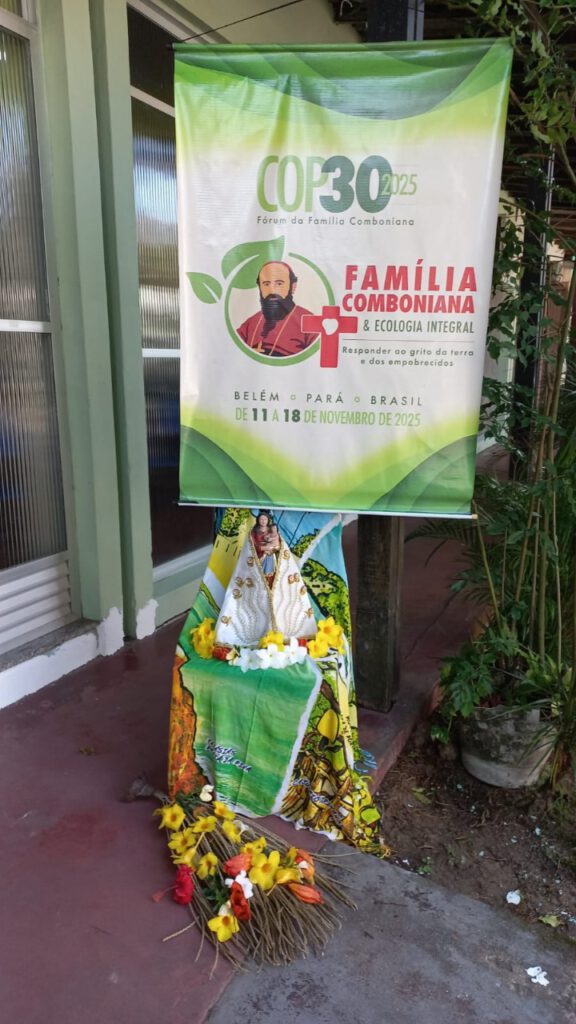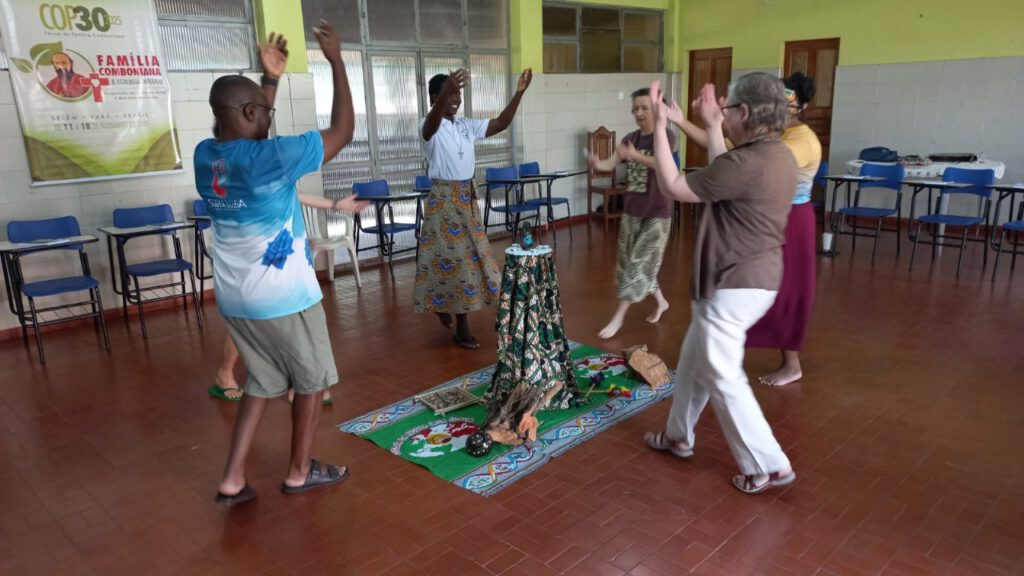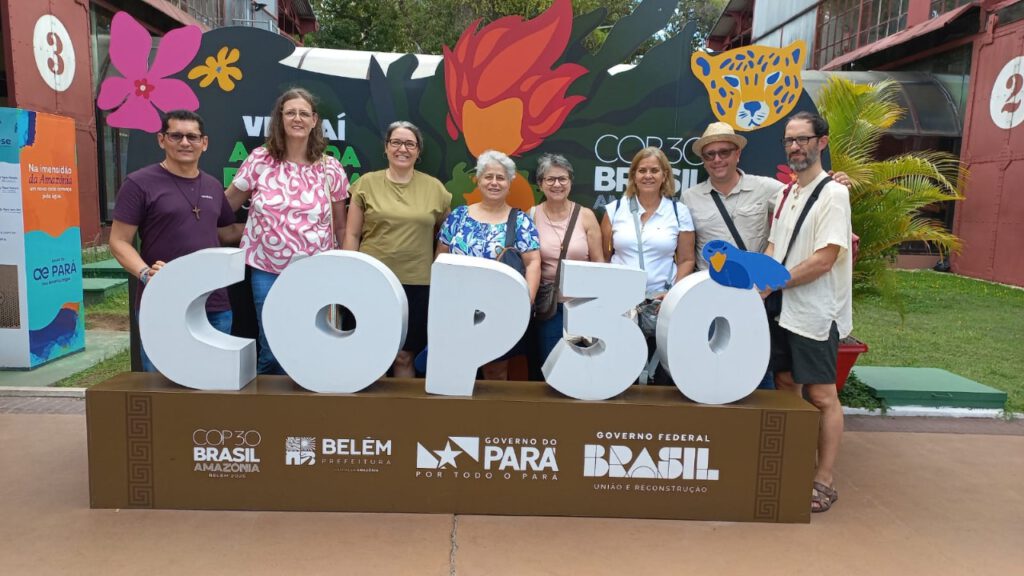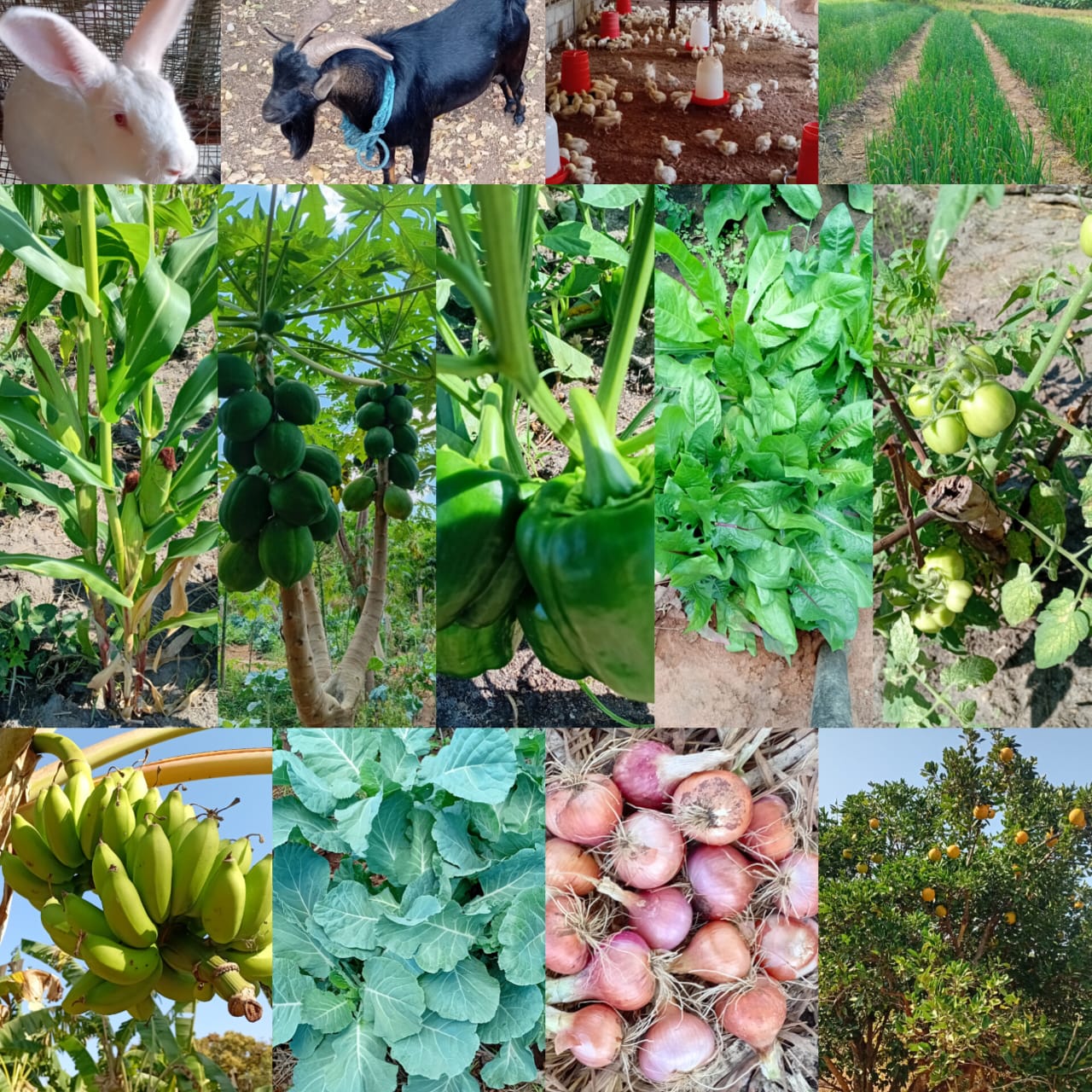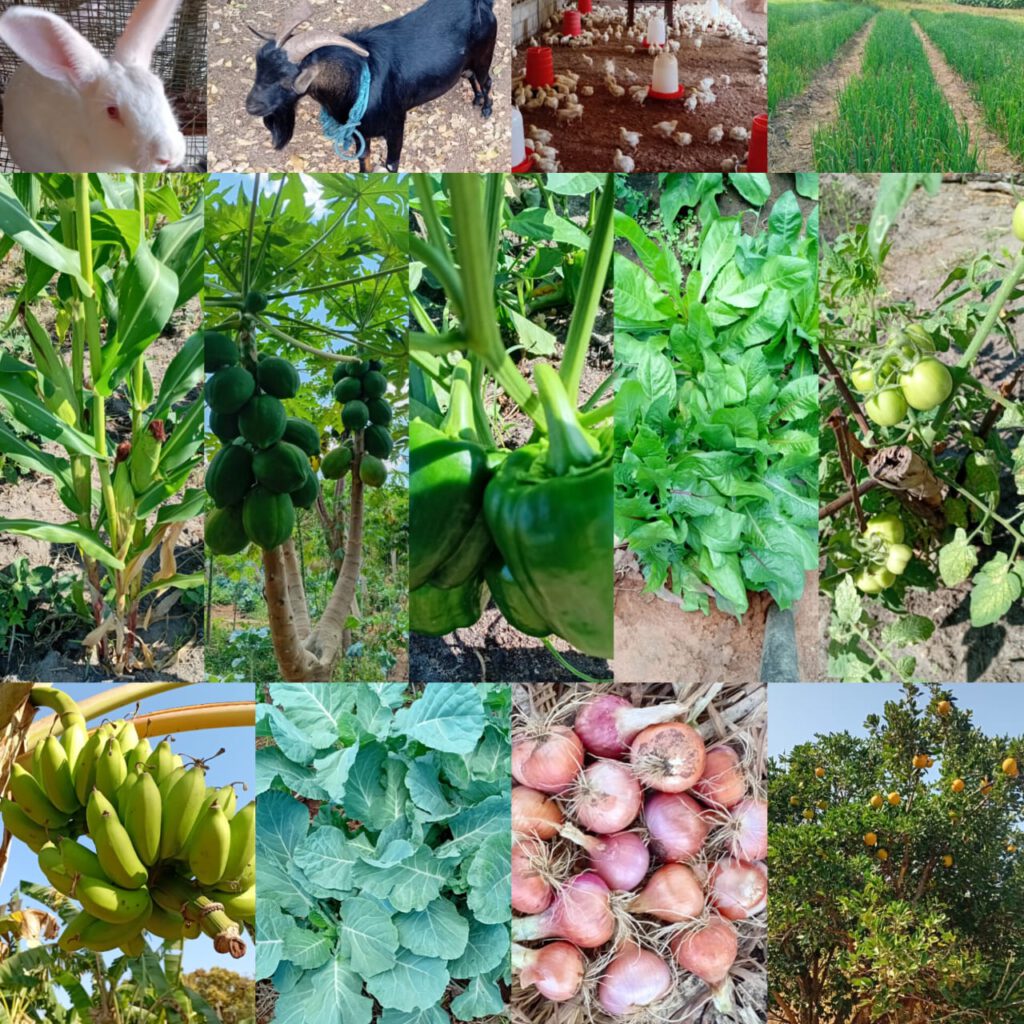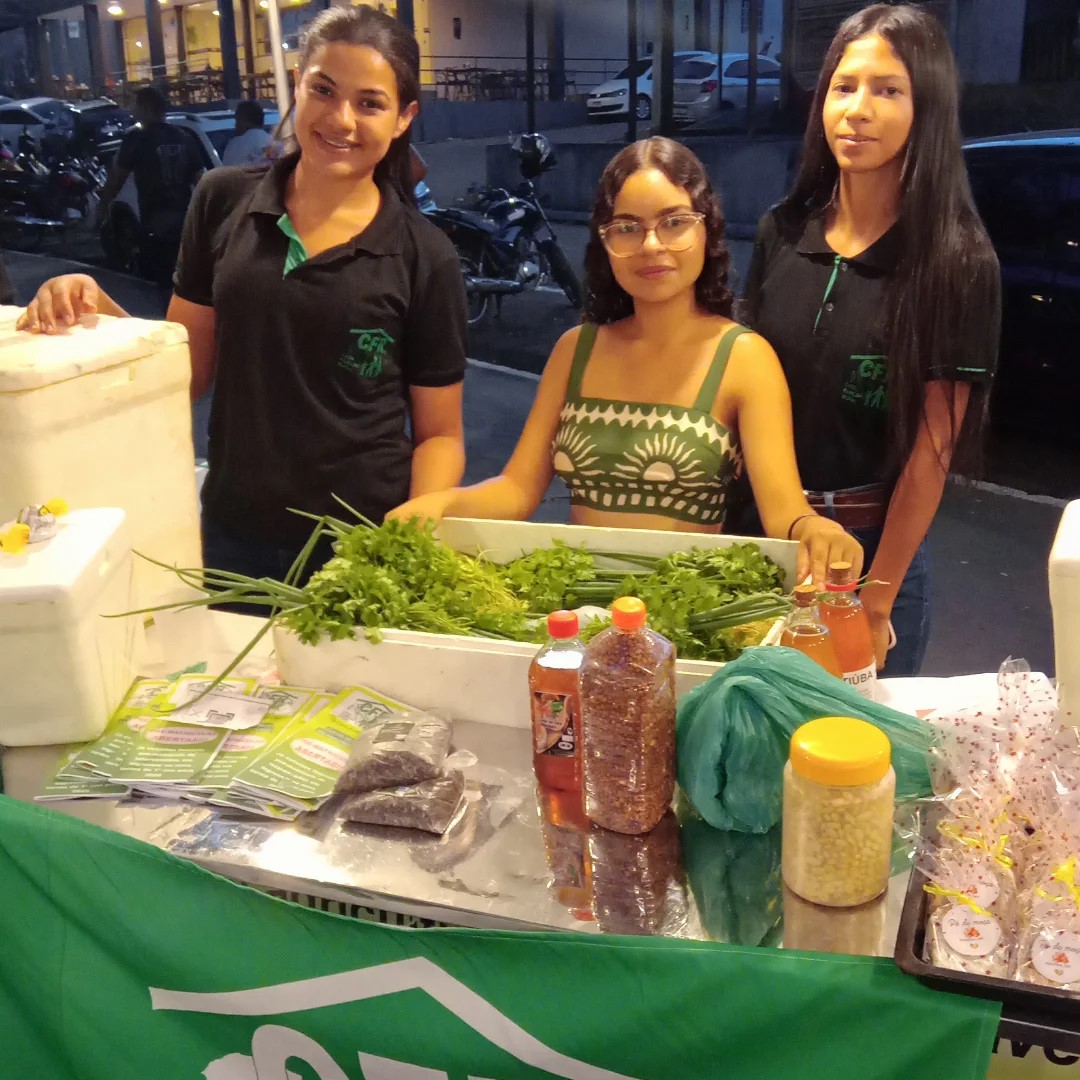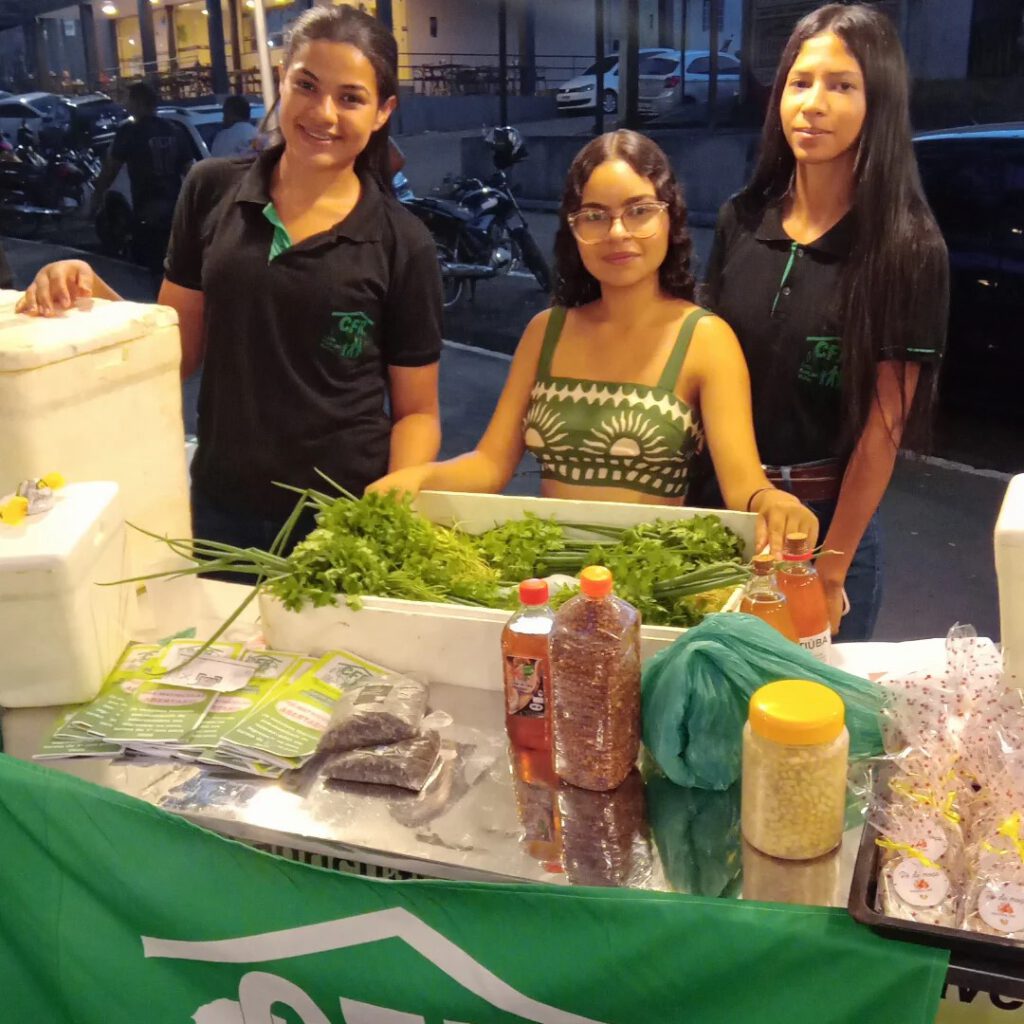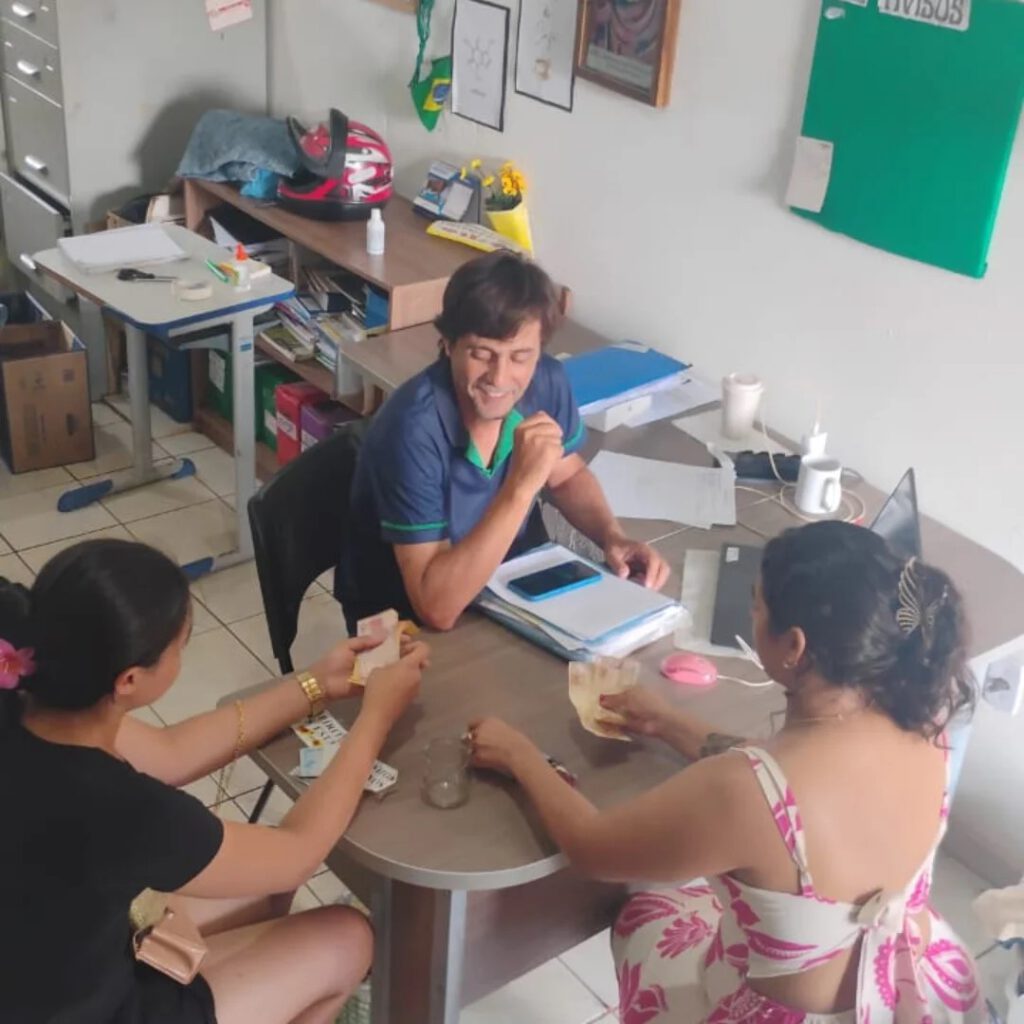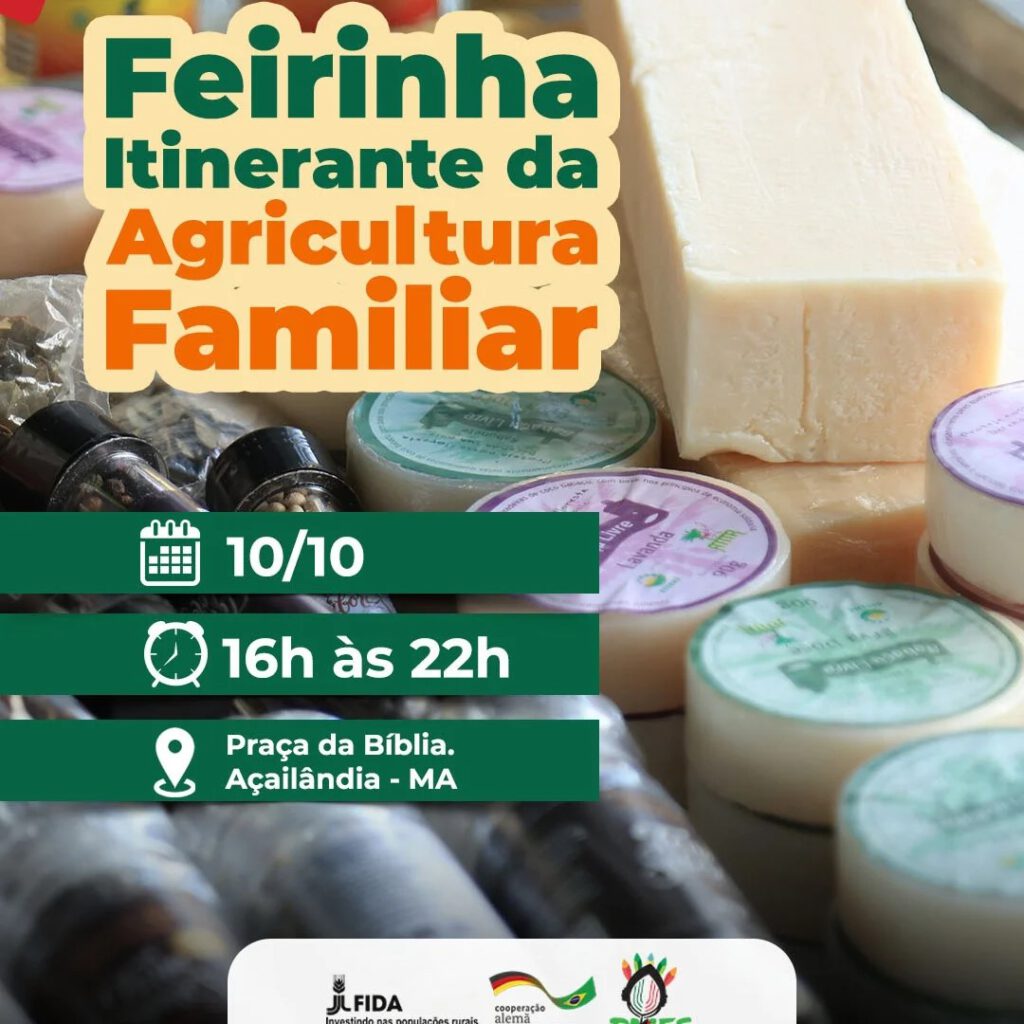An initiative by the Edvard Dantas Collective, Justiça nos Trilhos (JnT) and residents of the resettlement reaffirms their commitment to memory, environmental justice, and the future of the territory.
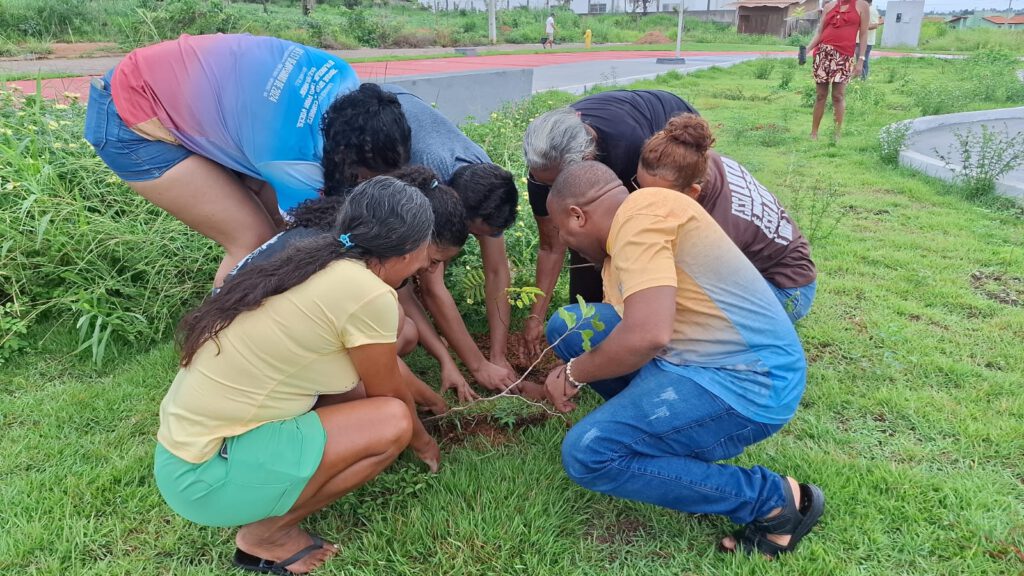
On January 23, 2020, Açailândia (MA) bid farewell to Edvard Dantas Cardeal, one of the main leaders in the struggle for the resettlement of the community affected by industrial pollution in the municipality. Six years later, his memory continues to mobilize the territory he helped build.
On the morning of Saturday, January 24, residents participated in a collective planting at the Piquiá da Conquista Resettlement Square. The activity was organized by the Edvard Dantas Collective, Justiça nos Trilhos (JnT), and the community itself, marking the beginning of a permanent tree planting agenda for the neighborhood.
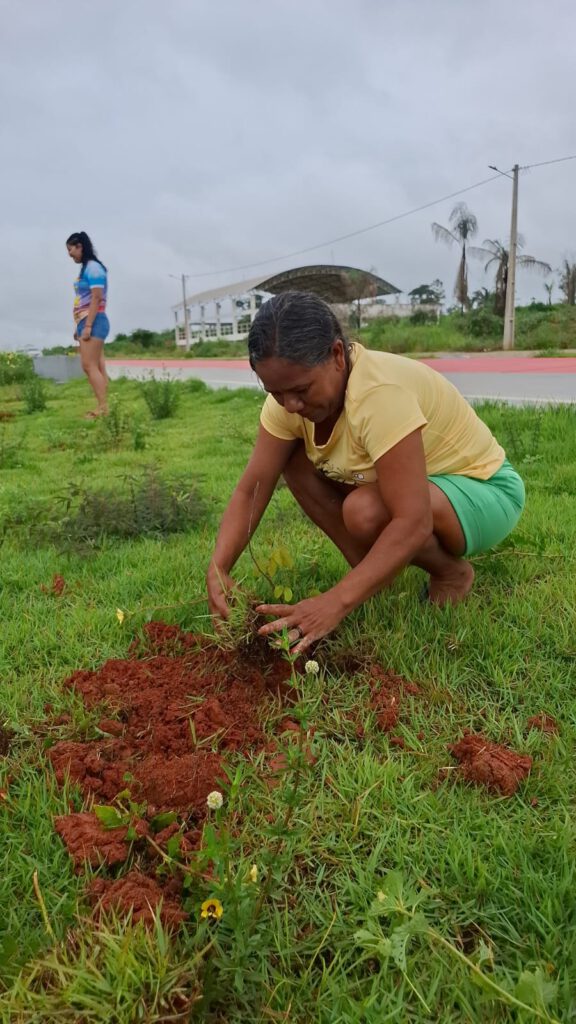
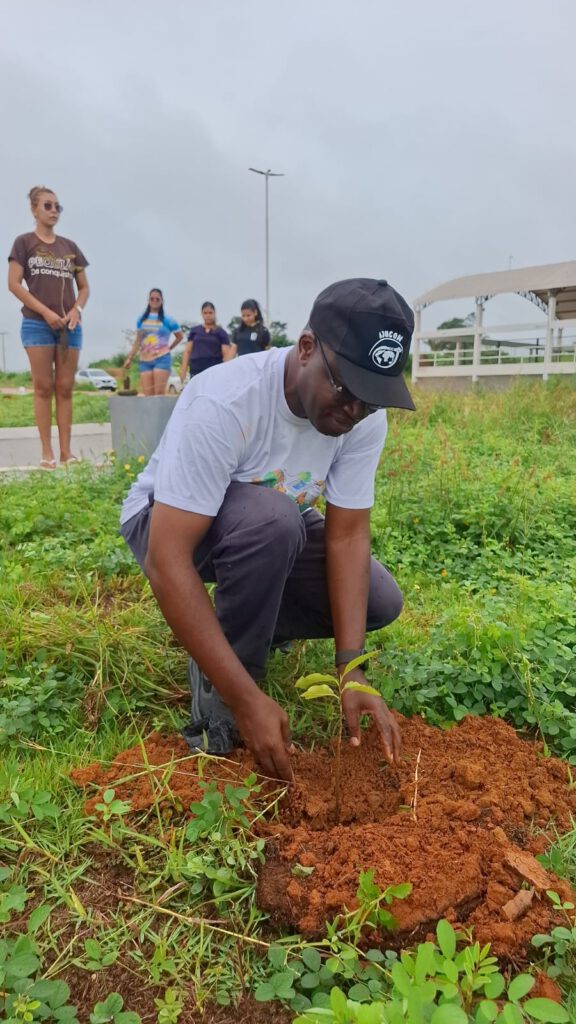
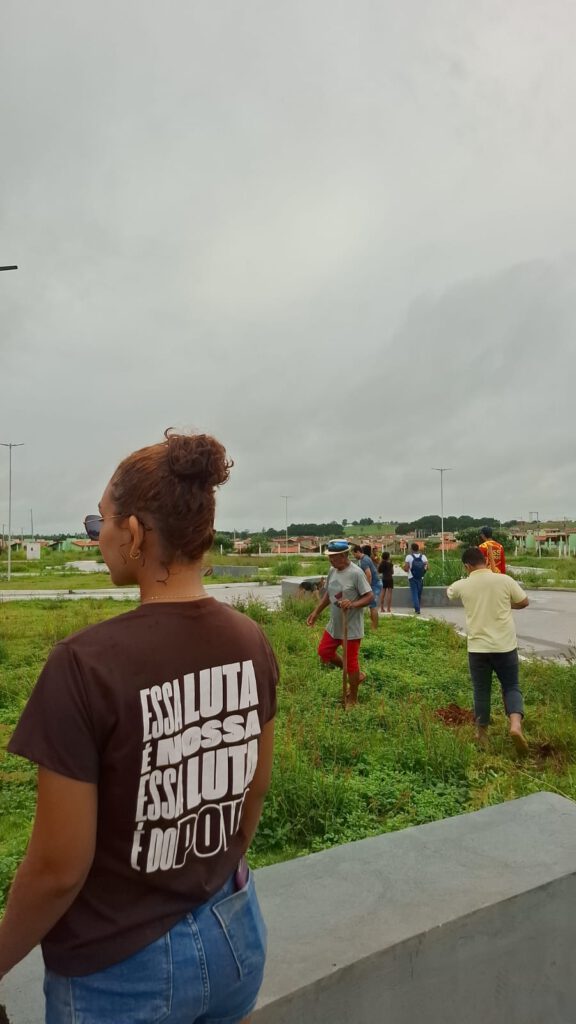
The action is part of a broader project to strengthen the environment of the territory, which still faces a significant lack of green areas.
“This was a special moment for the community. We started the first of many plantings and chose this date because it reinforces the importance of the struggle and keeps alive the memory of Mr. Edvard Dantas Cardeal, who played a fundamental role in the conquest of this neighborhood. Our goal is to transform Piquiá da Conquista into the most wooded neighborhood in Açailândia,” said João Paulo, a popular educator at Justiça nos Trilhos and member of the Edvard Dantas Collective.
The Piquiá da Conquista resettlement was the result of years of mobilization against the socio-environmental impacts suffered in the former Piquiá de Baixo neighborhood. The construction of the new territory represented a historic victory for community organization. Now, the consolidation of a healthy and environmentally balanced space is a permanent challenge.
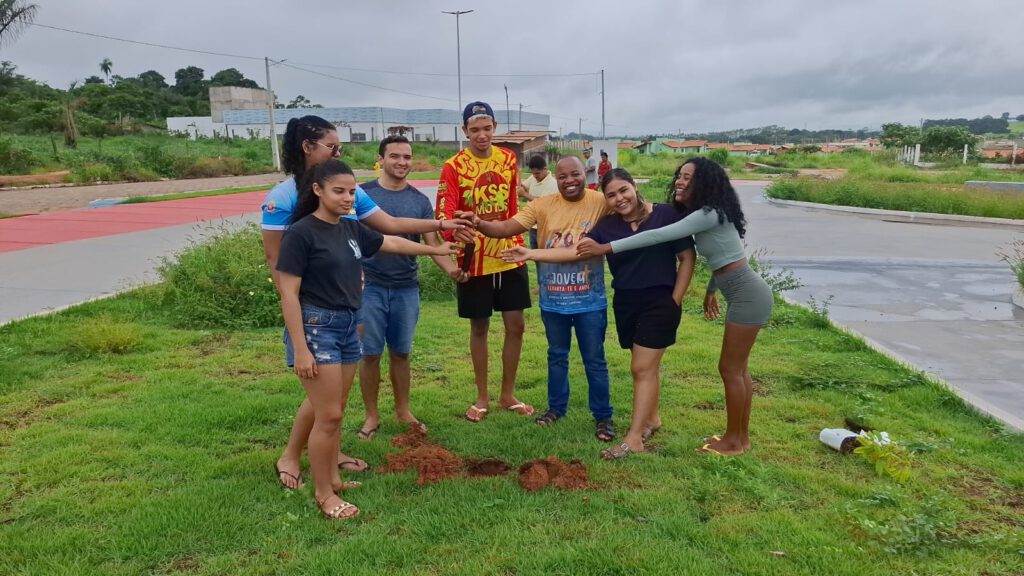
For Antônia Flávia Nascimento, a resident of the neighborhood and member of the Edvard Dantas Collective, planting has both symbolic and practical dimensions.
“This activity is not only important for reviving the story of Mr. Edvard, who started this process and contributed greatly to making it happen. It is also important for reforestation, for bringing life. We depend on the oxygen that comes from trees, and here in Piquiá da Conquista there is a great shortage of trees,” she said.
Antônia also highlighted the participation of children in the activity as a strategic element for building a sense of belonging and environmental awareness.
“Often, for them, it’s just a matter of putting their hands in the soil. But when they watch the trees grow and say ‘I planted this,’ they begin to understand that they are part of this process. Planting trees is planting life.”
By combining memory, community mobilization, and environmental recovery, collective planting reaffirms the political identity of Piquiá da Conquista. A territory that was born out of resistance continues to organize the present to ensure the future.
By Lanna Luz
Journalist for Justiça nos Trilhos




